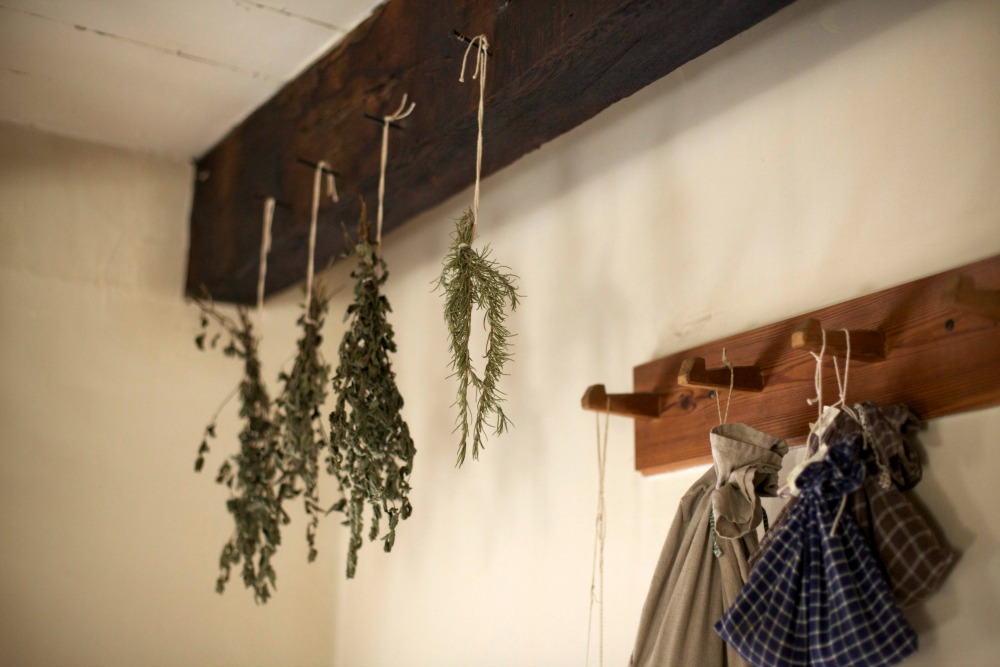Strong, healthy brains are vital for strong, healthy living. But we already know that. Recent research has found that a substance found commonly in plants (and gardens, spice jars and fridges) can boost mental health by strengthening brain cells.
The study published in the journal, Advances in Regenerative Biology, found that apigenin, a substance found in many fruits, vegetables and herbs is a super-food for brain health.
Where can I find me some apigenin?
Rich sources of apigenin are:
- parsley
- celery
- spices such as thyme, oregano, rosemary, basil, coriander
- chamomile
- cloves
- peppermint
- red wine
- red pepper
- licorice.
Apigenin and brain health. How does it work?
Apigenin works by improving the formation of neurons (brain cells) and strengthening the connections between them. Strong connections are what we want – the stronger the connections, the stronger that part of the brain.
‘Strong connections between neurons are crucial for good brain function, memory, consolidation and learning,’ – Stevens Rehen, lead researcher and neuroscientist, D’Or Insitute for Research and Education and Federal University of Rio.
The benefits of apigenin for brain health revealed themselves to us some time ago. What this research adds is knowledge about the way apigenin bolsters brain function and nurtures mental health.
Apigenin works by binding to estrogen receptors. These receptors are important for the development, growth and function of the nervous system, as well as its capacity to rewire and recover from damage. This group of hormones has been found to delay the onset of psychiatric and neurodegenerative conditions including schizophrenia, depression, Alzheimer’s and Parkinson’s. Using estrogen-based therapies to treat these illnesses has been limited by the potential risk of estrogen-dependent tumors and cardiovascular problems.
Researchers are hopeful that in the future, apigenin might be an alternative treatment for neurodegenerative diseases.
‘… flavonoids are present at high amounts in some foods and we can speculate that a diet rich in flavonoids may influence the formation of neurons and the way they communicate within the brain.’ – Stevens Rehen



Leave a Reply